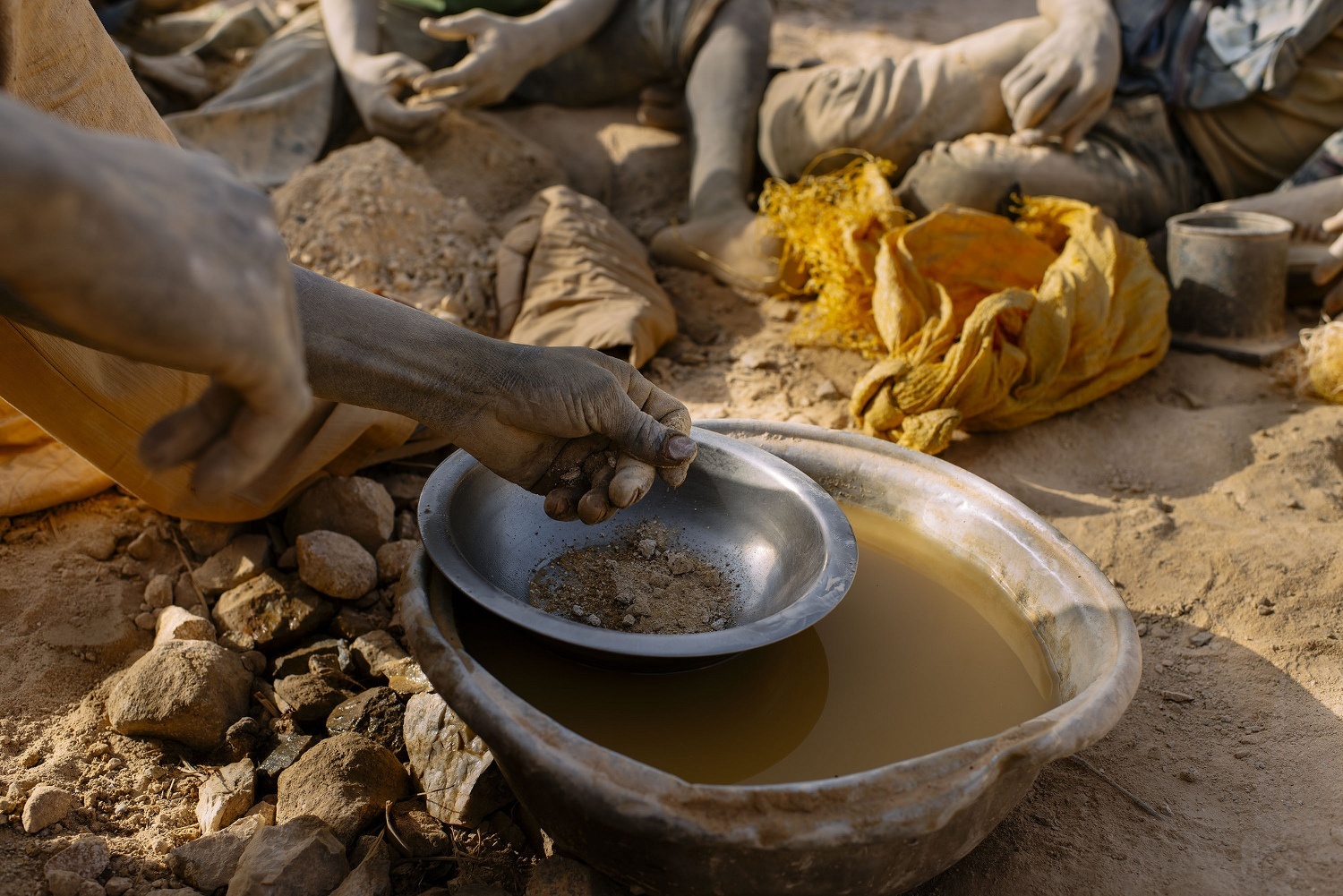We should no longer rely on aid to guarantee sustainable development. Instead we need to seriously look at tax revenues to contribute to a country’s own sustainable development. But some countries won’t raise sustainable development funds with current agreements and power asymmetries. For instance, countries in Africa are losing more in tax dodging and illicit flows than they receive in aid, and that aid revenue isn’t in itself enough to sustain development. Without serious reforms and systemic change there is little hope that the Sustainable Development Goals (SDGs) – replacing the MDGs – will be achievable and sustainable.
This week high-level representatives and decision-makers from around the world are meeting in Addis Ababa, Ethiopia, to discuss how the new SDGs will be financed. This is one of the last opportunities before the SDG Summit in September for financial planning and policy reform negotiations, and serious commitments are needed to contribute to the success of the post-2015 framework. Domestic resource mobilisation and private sector engagement will feature prominently in the discussions, as will taxes.
We think it’s time for fairer deals, tax systems and robust agreements for extractive investments for developing countries to raise sustainable revenues for national development. The rules of the global tax system need to change if we stand a chance to achieve the SDGs. We want leaders to commit to additional transparency and accountability measures, beyond mandatory disclosures and EITI, so that we know what is being raised and spent and how. We also call on the participants to prioritise gender equity, including but not limited to the extractive industry. The extractive industry has the potential to drive immense economic and social development. However, if extractive projects are not transparent, inclusive, fair and accountable to the people and communities, they won’t contribute to sustainable development.
Some of the perspectives that we are sharing:
- Sustainable development through community engagement: the case for the SDGs
- New mining code could unlock gold revenues for the future of Burkina Faso
- Zimbabwe invests $ 3 million in mining exploration activities. Is this the right path to development?
- Stop the Bleeding: ActionAid suggests Malawi lost USD 43 million potential revenue from largest mining project
- Without transparency, how can Niger’s extractives contribute to the country’s development?











